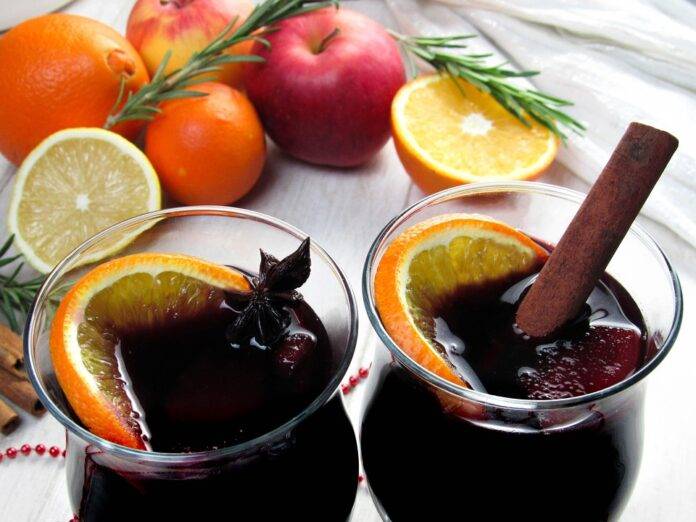Introduction
Rheingau, a region in Germany known for producing high-quality Riesling wines, is characterized by its steep slopes and slate soils. These unique terroir features play a significant role in shaping the flavor profile and quality of the wines produced in the region. In this report, we will explore how steep slopes and slate soils define Rheingau terroir, highlighting the importance of these natural elements in winemaking.
Steep Slopes in Rheingau
Geographical Overview
Rheingau is situated along the banks of the Rhine River, with vineyards planted on steep slopes that rise sharply from the river valley. The region’s topography is characterized by a series of south-facing slopes that provide optimal sunlight exposure for grape ripening. The steep slopes also allow for better drainage, preventing water accumulation and promoting healthy vine growth.
Impact on Vineyard Management
The steep slopes in Rheingau present unique challenges for vineyard management. Farmers must use terracing techniques to prevent soil erosion and ensure stability on the slopes. This labor-intensive process requires careful planning and maintenance to sustain the vineyards over time. Additionally, the steep slopes make mechanized farming difficult, leading to more manual labor in the vineyards.
Flavor Development in Grapes
The steep slopes in Rheingau have a direct impact on the flavor development of the grapes. The angle of the slopes allows for better drainage and increased sun exposure, which can enhance the concentration of flavors in the grapes. The stress from growing on steep slopes also encourages the vines to develop deeper root systems, leading to more complex and nuanced flavors in the final wines.
Slate Soils in Rheingau
Composition and Characteristics
Slate soils are prevalent in Rheingau, providing unique mineral composition to the vineyards. The slate soils are rich in minerals like potassium, magnesium, and iron, which can impart distinct mineral notes to the wines. These soils also have excellent water retention properties, allowing the vines to access moisture during dry periods.
Impact on Wine Quality
The slate soils in Rheingau play a crucial role in defining the quality of the wines produced in the region. The mineral-rich composition of the soils contributes to the complexity and depth of flavor in the wines. Additionally, the water retention properties of the soils help regulate the vines’ water supply, promoting balanced growth and optimal grape development.
Terroir Expression in Wines
The combination of steep slopes and slate soils in Rheingau creates a unique terroir that is reflected in the wines produced in the region. Wines from Rheingau are known for their distinctive mineral character, with notes of slate, flint, and earthiness. The terroir-driven wines showcase the region’s natural elements and express the essence of Rheingau’s unique landscape.
Industry Insights and Financial Data
Market Trends
The wines of Rheingau, with their distinctive terroir expression, have gained popularity among wine enthusiasts worldwide. The region’s focus on quality winemaking and sustainable vineyard practices has positioned Rheingau as a premium wine-producing area. As a result, demand for Rheingau wines has been on the rise, driving growth in the region’s wine industry.
Financial Performance
Wineries in Rheingau have seen positive financial performance in recent years, with strong sales and export growth. The quality reputation of Rheingau wines has allowed wineries to command premium prices in the market, contributing to their financial success. Investments in vineyard management and winemaking technology have also improved efficiency and productivity in the industry.
Key Players
Several prominent wineries in Rheingau are known for their exceptional wines and commitment to terroir-driven winemaking. Names like Schloss Johannisberg, Robert Weil, and Georg Breuer are among the leading producers in the region, showcasing the diversity and quality of Rheingau wines. These key players play a significant role in shaping the reputation of Rheingau as a premier wine region.
In conclusion, the steep slopes and slate soils of Rheingau define the unique terroir of the region, influencing the flavor profile and quality of the wines produced. The combination of these natural elements creates wines that are distinctive, expressive, and reflective of Rheingau’s rich winemaking tradition. As the region continues to thrive in the global wine market, its terroir-driven wines will continue to captivate wine lovers and connoisseurs alike.




